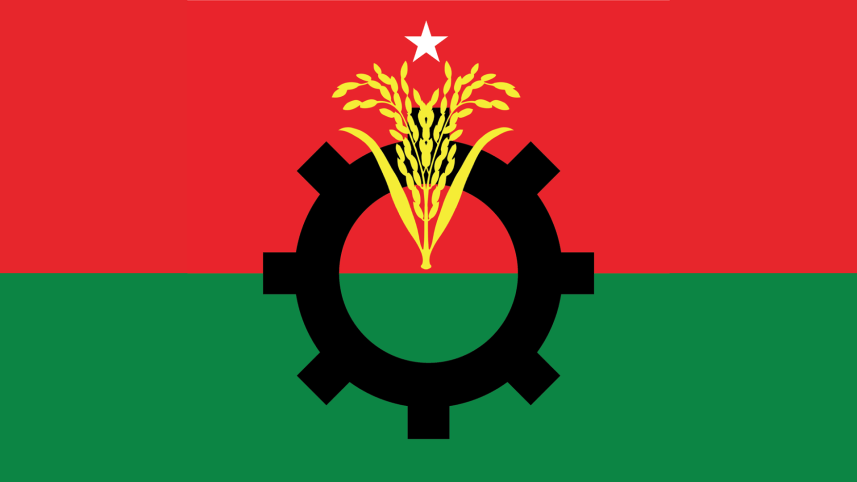A viral photo, a lesson for BNP

It all began with one picture. Just one.
Nadim, a young man who lost his leg during the July Uprising movement, was seen standing in front of the stage at a BNP event held on July 1 at the Bangladesh-China Friendship Conference Centre. Behind him, other BNP leaders and guests were sitting on chairs.
A photo of this moment went viral on Facebook. And then, came chaos.
People started sharing the photo, saying that BNP had disrespected a young protest hero. Some said, "Why is he standing when others are sitting? Doesn't he deserve more respect?"
Others accused BNP of treating Nadim badly. Angry posts, emotional reactions, and harsh comments poured in.
But there was a problem. The story wasn't true.
Later, Nadim himself spoke in a TV interview. He said that he was standing for just a short moment to take a photo. He clearly said he was happy with how he was invited and treated. He even said he felt respected and had no complaints at all.
Still, the damage had already been done. Thousands of people had already judged the photo. They didn't wait to learn the real story. They just believed what they saw and shared it.
That's how social media works.
Even some BNP leaders got confused.
One of them even shared the photo himself, thinking that is what had happened. Later, he deleted it when he found out the truth.
BNP did try to fix the problem.
The next day, they posted Nadim's interview and the full video of the event on their official Facebook pages.
Some online activists also shared the correct information.
They hoped this would clear the confusion. But many people had already made up their minds.
This is a big lesson for BNP.
BNP hasn't built a strong online community—one that doesn't just promote its goodwill, but actively speaks on its behalf.
And this shows the bigger challenge. Today, the real fight is not just in speeches or rallies, but in what people see and believe on social media platforms.
Social media is powerful. One post can spread faster than the truth. In today's world, especially in the age of AI and fast information, lies can look like facts. And if you are slow to reply, even the truth can be ignored.
Right now, BNP is trying hard to rebuild trust. After many years of struggle, people are starting to listen to them. More and more people are speaking up for BNP. But that means any mistake or confusion can hurt the party deeply.
That's why BNP must become smarter online.
They need a special team that monitors social media all the time. This team should quickly find lies, share the truth, and make sure people don't get fooled.
Other large political parties around the world are already at it. It's called a rapid digital response team.
If BNP had one, they could have shared Nadim's full story within minutes. They could have prevailed over the false narrative. They could have stopped the spread of lies.
Also, BNP leaders should be careful about what they share. If a leader shares a fake story by mistake, it gives the wrong message.
The public gets confused.
This event also shows how social media can be used to spread propaganda. Some people may purposely spread half-truths or lies to hurt a political party.
In this case, even a well-known influencer shared the photo and blamed BNP. The post got over 1.8 lakh likes and thousands of shares. That's a lot of people seeing a false story.
Even a high official of the Press Institute of Bangladesh, made the mistake of sharing the picture and later had to apologise.
So, what should BNP do now?
The party is at a turning point. People are paying attention again. But with great attention comes great responsibility.
This time, they need to protect their message from false noise. And that can only happen with preparation, speed, and smart action.
Let this viral photo be not just a bad memory, but a good lesson.




 For all latest news, follow The Daily Star's Google News channel.
For all latest news, follow The Daily Star's Google News channel.
Comments